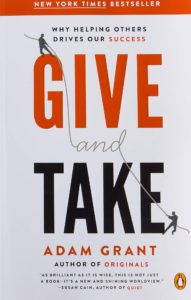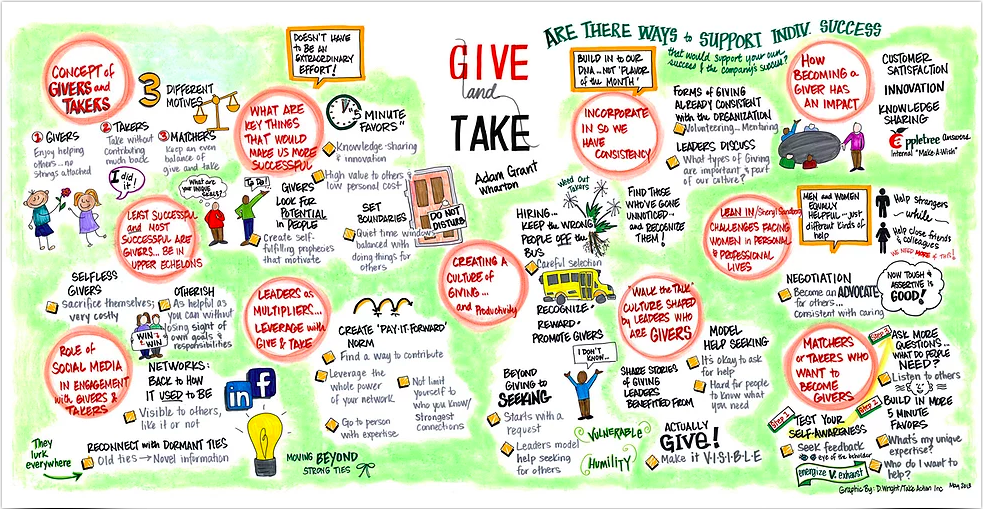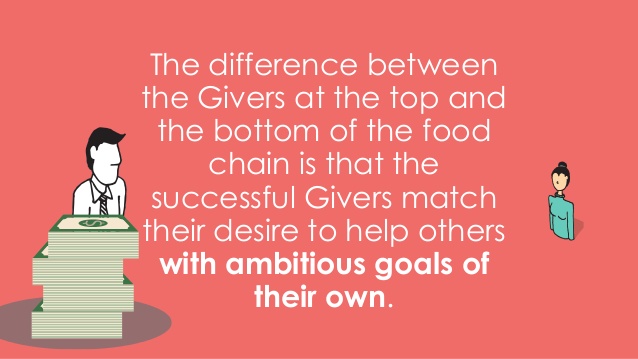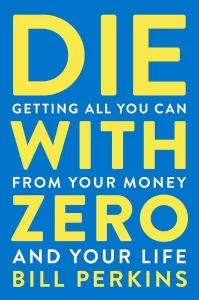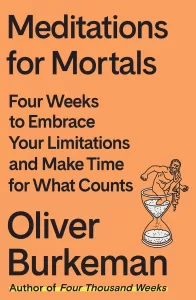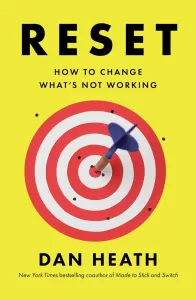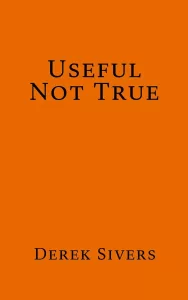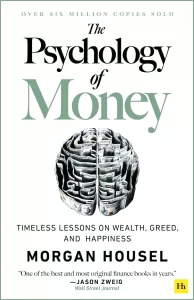Book Review: “Give and Take”
Book: Give and Take by Adam Grant
Reviewer: Bobby Powers
My Thoughts: 10 of 10
Engaging, research-based, and artfully told, Give and Take is a masterpiece. Adam Grant shows why he has quickly become one of the top minds in business and psychology. In this book, Grant explores whether "nice guys" truly do finish last. He shares stories of high-powered corporate attorneys, insurance sales representatives, teachers, and others who have built a lifestyle through giving. The stories are compelling, the data is surprising, and the conclusions are inspiring. I just finished reading this book a second time, and I'll re-read it again soon.
Takeaways from the Book
Givers, Takers, and Matchers
- “Takers have a distinctive signature: they like to get more than they give. They tilt reciprocity in their own favor, putting their own interests ahead of others’ needs. Takers believe that the world is a competitive, dog-eat-dog place. They feel that to succeed, they need to be better than others.”
- “In the workplace, givers are a relatively rare breed. They tilt reciprocity in the other direction, preferring to give more than they get. Whereas takers tend to be self-focused, evaluating what other people can offer them, givers are other-focused, paying more attention to what other people need from them.”
- “If you’re a giver at work, you simply strive to be generous in sharing your time, energy, knowledge, skills, ideas, and connections with other people who can benefit from them.”
- “If you’re a taker, you help others strategically, when the benefits to you outweigh the personal costs. If you’re a giver, you might use a different cost-benefit analysis: you help whenever the benefits to others exceed the personal costs. Alternatively, you might not think about the personal costs at all, helping others without expecting anything in return.”
- “Professionally, few of us act purely like givers or takers, adopting a third style instead. We become matchers, striving to preserve an equal balance of giving and getting. Matchers operate on the principle of fairness: when they help others, they protect themselves by seeking reciprocity.”
Performance of Givers vs. Takers
- “The worst performers and the best performers are givers; takers and matchers are more likely to land in the middle...Givers dominate the bottom and the top of the success ladder.”
- “Although we often stereotype givers as chumps and doormats, they turn out to be surprisingly successful.”
- “Extensive research reveals that people who give their time and knowledge regularly to help their colleagues end up earning more raises and promotions in a wide range of settings, from banks to manufacturing companies.”
- “Even in sales, I found that the least productive salespeople had 25 percent higher giver scores than average performers--but so did the most productive salespeople. The top performers were givers, and they averaged 50 percent more annual revenue than the takers and matchers.”
- “In insurance, the higher the salesperson’s giver score, the greater that salesperson’s revenue, policies sold, applications, sales quotas met, and commissions earned. By asking questions and getting to know their customers, givers build trust and gain knowledge about their customers’ needs. Over time, this makes them better and better at selling.”
Other Perks of Being a Giver
- “There’s something distinctive that happens when givers succeed: it spreads and cascades. When takers win, there’s usually someone else who loses. Research shows that people tend to envy successful takers and look for ways to knock them down a notch. In contrast, when givers win, people are rooting for them and supporting them, rather than gunning for them. Givers succeed in a way that creates a ripple effect, enhancing the success of people around them.”
- “Just as matchers will sacrifice their own interests to punish takers who act selfishly toward others, they’ll go out of their way to reward givers who act generously toward others.”
- “Being a giver is not good for a 100-yard dash, but it’s valuable in a marathon.” -Chip Conley
- “Givers get lucky.” -Adam Rifkin
- “Giving, especially when it’s distinctive and consistent, establishes a pattern that shifts other people’s reciprocity styles within a group. It turns out that giving can be contagious.”
Powerless Communication
- “Because they value the perspectives and interests of others, givers are more inclined toward asking questions than offering answers, talking tentatively than boldly, admitting their weaknesses than displaying their strengths, and seeking advice than imposing their views on others...Givers instinctively adopt a powerless communication style that proves surprisingly effective in building prestige.”
- “Powerless communicators tend to speak less assertively, expressing plenty of doubt and relying heavily on advice from others. They talk in ways that signal vulnerability, revealing their weaknesses and making use of disclaimers, hedges, and hesitations.”
- “Givers are the top sellers, and a key reason is powerless communication. Asking questions is a form of powerless communication that givers adopt naturally...The expert negotiators spent much more time trying to understand the other side’s perspective: questions made up over 21 percent of the experts’ comments but less than 10 percent of the average negotiators’ comments.”
- “Speaking dominantly convinces group members that takers are powerful, but it stifles information sharing, preventing members from communicating good ideas.”
Otherish Givers
- “If takers are selfish and failed givers are selfless, successful givers are otherish: they care about benefiting others, but they also have ambitious goals for advancing their own interests.”
- “Otherish givers build up a support network that they can access for help when they need it.”
- “Ironically, because concern for their own interests sustains their energy, otherish givers actually give more than selfless givers...Otherish givers may appear less altruistic than selfless givers, but their resilience against burnout enables the to contribute more.”
- “The most effective negotiators were otherish: they reported high concern for their own interests and high concern for their counterparts’ interests. By looking for opportunities to benefit others and themselves, otherish givers are able to think in more complex ways and identify win-win solutions that both takers and selfless givers miss.”
- “Whereas selfless givers make the mistake of trusting others all the time, otherish givers start out with trust as the default assumption, but they’re willing to adjust their reciprocity styles in exchanges with someone who appears to be a taker by action or reputation.”
Motivation and Burnout
- “Givers don’t burn out when they devote too much time and energy to giving. They burn out when they’re working with people in need but are unable to help effectively.”
- “The perception of impact serves as a buffer against stress, enabling employees to avoid burnout and maintain their motivation and performance.”
- “Having a greater impact is one of the reasons why, counterintuitive as it might seem, giving more can actually help givers avoid burnout.”
- “Research shows that if people start volunteering two hours a week, their happiness, satisfaction, and self-esteem go up a year later. Two hours a week in a fresh domain appears to be the sweet spot where people make a meaningful difference without being overwhelmed or sacrificing other priorities.”
- “One study of more than 2,800 Americans over age twenty-four showed that volunteering predicted increases in happiness, life satisfaction, and self-esteem—and decreases in depression—a year later...It seems that giving adds meaning to our lives, distracts us from our own problems, and helps us feel valued by others.”
